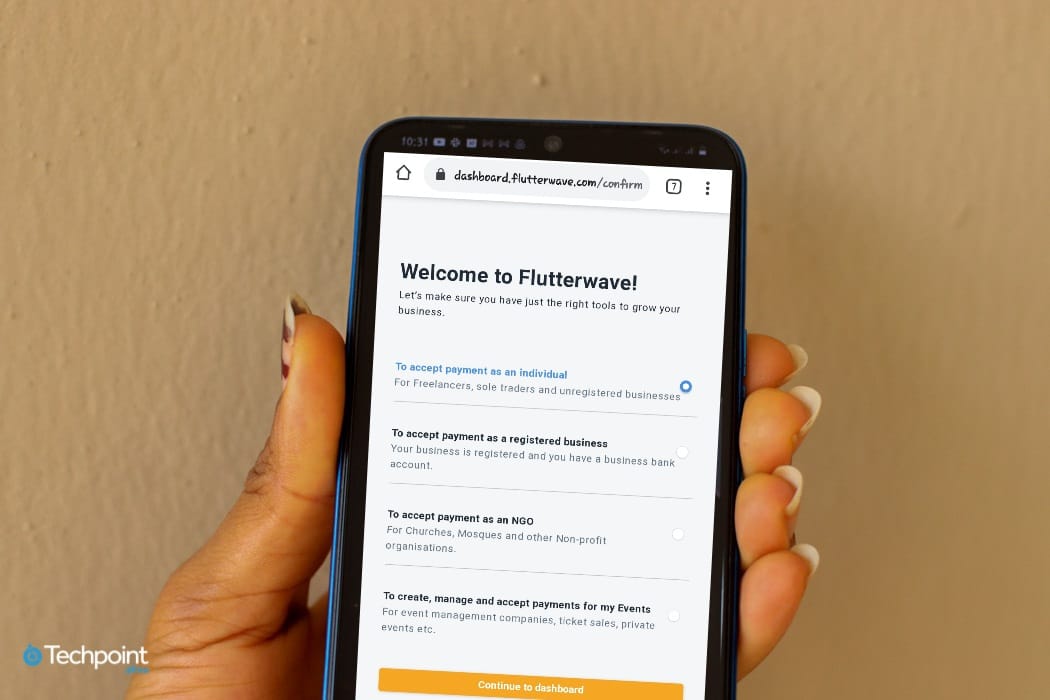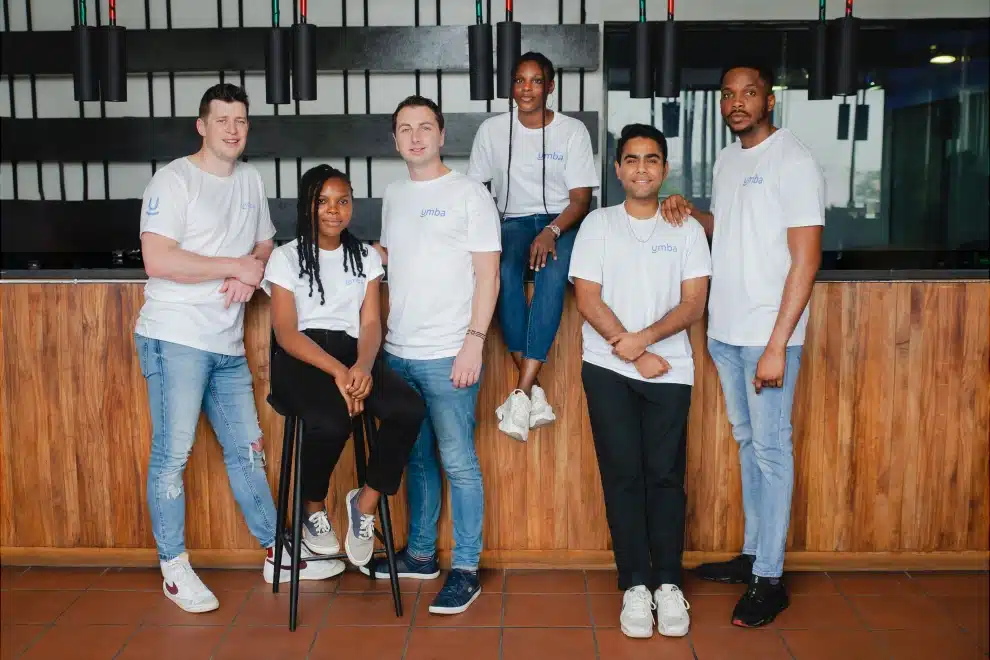Speaking recently at a fintech summit in Lagos, Nigeria, the Product Partnerships Lead at Paystack, Khadija Abu said industry players will support any regulatory framework that does not negatively affect fintech companies.
Regulation of business activities has always been in the purview of government ministries, departments and agencies. These regulations keep businesses in check and accountable but as of now, there are no comprehensive regulatory frameworks for the financial technology (fintech) sector in Nigeria. But recent frameworks from the Central Bank of Nigeria (CBN) that have any connection to the sector have been somewhat discouraging.
Apparently, the lack of a comprehensive regulatory framework for the fintech space is not peculiar to Nigeria. Razaq Ahmed, CowryWise co-founder and CEO said the global fintech industry usually moves ahead of regulations.
“Most fintech companies still operate within existing regulatory licenses that were designed with good intention but not for today's fast-paced world,” Ahmed said, reiterating the lack of a comprehensive framework for the sector.
Irrespective of the pace at which regulation is playing catch-up with the fintech industries, the case of Nigeria seems different. Commercial banks in the country have been using the Unstructured Supplementary Service Data (USSD) to provide financial services to customers since 2013 and CBN just came up with a regulatory framework for the platform earlier this year (PDF).
A clear indication that there’s no need to wait on regulation towards driving innovation in Nigeria.
CBN recently put out a framework for the establishment of Payment Service Banks (PSB). Mobile money operators are part of the eligible promoters as they can upgrade their licence to that of a PSB. However, it is required that they have a higher financial strength to do so.
For Ahmed, part of the major challenges while starting up CowryWise were the hurdles of getting the appropriate licence as well as partnerships needed to build and operate within the confines of the law.
Another option that PiggybankNG co-founder, Joshua Chibueze thinks is available for startups is to build products for banks on the ground that Nigerian banks are on the lookout for tech companies to work with.

Don't miss out on Africa's financial revolution
Give it a try, you can unsubscribe anytime. Privacy Policy.
“It would be easier for you to build or work for a bank if you cannot raise the needed capital.”
As it is, some of the fintech startups are partnering and working with banks in the interim to offer their services pending the time that the regulatory body comes up with a framework for the sector.
PiggyTech Global Limited -- the company behind PiggybankNG -- acquired Gold Microfinance Bank and PiggybankNG is currently operating as a product of the bank.
In October 2018, the apex bank increased the capitalisation of all the categories of microfinance banks (MFBs) in Nigeria. The new capitalisation for unit MFBs is ₦200 million (previously ₦20 million). State microfinance also got 1000% increase while national got 250%.
For PiggybankNG, which is under a unit MFB licence, this is a blow. Commenting on the recapitalisation move by CBN, Chibueze said the capital requirement is a bit tough on new entrants. However, current players have till the year 2020 before they would definitely feel this toughness.
In spite of the intentions of the regulatory authority, Chibueze believes there’s still the need for a balance on something that works for every concerned stakeholder.
₦5 billion shareholders fund requirement and others

Other fintech companies that are providing payment systems are not left out. A recent circular on the exposure draft of new CBN licensing regime for payment service providers (PDF) pegs the required minimum shareholders' funds.
The minimum shareholders’ fund for payment system providers (PSP) with a super licence (payment gateways, PoS and switching services) is ₦5 billion; ₦3 billion for a standard licence (mobile money operators) while that for a basic licence is between ₦50 million and ₦100 million.
Shareholders fund, according to an investment officer, can be referred to as the retained earnings and share capital or an upfront money that's needed (in the bank) by a company to operate.
Current players in this sector would now have to worry about raising funds to meet up with the new capital requirement instead of focusing on acquiring more users and customers, as the case may be.
Reacting to the requirement, a Twitter user wondered if he should be afraid of putting money in PiggybankNG.
Should I be afraid of the money I am about to put into piggybankng?
— Quantum Infinitum (@ogar_monday) November 22, 2018
This is not an isolated case, businesses that are using any of these payment system providers could also ask the same question for the safety of their revenue.
The licensing regime can be considered as an attempt to ensure that only the heavyweights in the country are within the fintech space. Also, it could scare away investors from the country. Paystack recently raised $8 million (approximately ₦2.9 billion) which is just about 60% of the minimum shareholders’ fund required for a super licence holder. Is this a ‘go-home’ signal from the apex bank to Nigerian fintech startups?
Investors, both foreign and local, have been showing interest in the fintech space in the country. Interesting as that may sound, any anti-innovation framework from the apex banking authority could alter the prospects of the sector.
Suggested Read: 2018 is the year of the Nigerian fintech startup
As with microfinance banks, current mobile money operators and other eligible promoters of the PSB initiative that want to upgrade their licence would focus on meeting the capitalisation requirement rather than onboarding customers.
The PSB establishment framework doesn’t in any way affect mobile money operators, fintech companies or any other eligible promoters as getting the licence is not mandatory. However, the apex bank should be conscious of the fintech sector whenever it’s eventually ready to come up with a regulatory framework for the sector.
Chibueze affirms that PiggybankNG is working to become a major distribution channel for financial services by simplifying services for Africans, bridging the gap for services like insurance, pension and other services.
Bank accounts can be considered as the basis for financial services but figures from the Nigerian Inter-Bank Settlement System (NIBSS) reveal that 35.7 million Bank Verification Numbers (BVN) have been issued as at November 18, 2018, which can be considered as a representation of people within the basic (and formal) financial system.
According to the 2006 population census, the percentage of Nigerians that are 18 years and above was 49.58%. Assuming that the percentage is still within the same range for 2018, it implies that only about 36.39% of the Nigerian adult population is within the formal financial system.
This is just the bank accounts; insurance services penetration in the country, for example, is less than 1%. Fintech startups have the potential to unlock value while also making access easier for financial services to consumers and businesses by using solutions that are scalable, accessible as well as cost-effective. Hence, regulatory agencies have to ensure that their value is put into consideration in order not to truncate the pace of development of the financial sector.
There can only be value for the industry if stakeholders are consulted before putting up a framework for the industry as failure to do so could have a negative effect on the progress and recognition recorded by the sector so far.
Worthy of note is that the licensing regime is still an exposure draft and the apex bank called for input on the draft with an October 29, 2018 deadline. The final outcome of the licensing regime would prove whether fintech stakeholders eventually have some level of influence on the regulation or not.





















